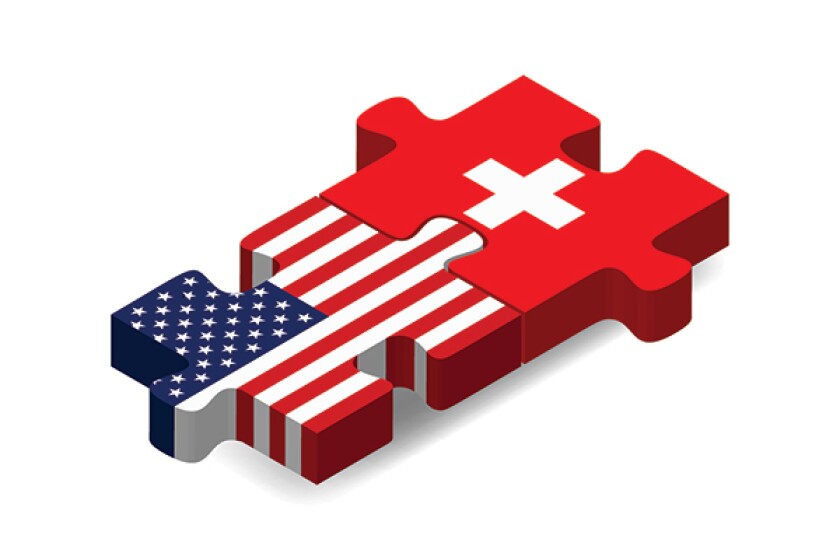On 20 September 2019, the long-overdue 2009 protocol, the core element of which concerns administrative assistance, was ratified and came into force with immediate effect
Key provisions of 2009 protocol
Most notably, the protocol brings in the following changes:
It allows the US to make group requests under the Foreign Account Tax Compliance Act (FATCA) concerning non-consenting US accounts and non-consenting non-participating foreign financial institutions (NPFFIs). While it remains to be seen when the IRS will start submitting these group requests, affected Swiss financial institutions should prepare the relevant data now. Once the Swiss Federal Tax Authority receives the group requests and forwards them to the financial institutions, the financial institutions only have 10 days to respond and deliver the data.
Further, the protocol generally erases the differentiation between tax evasion and tax fraud in the context of administrative assistance and also applies to other types of information requests, for example, the ones the US may make in connection with data that was provided to the US Department of Justice (DOJ) in the context of the Swiss bank programme.
For Pillar 3a solutions, it provides for a withholding tax exemption in relation to dividends from US stocks (while they previously suffered a 15% withholding tax).
It implements dispute resolution through mandatory binding arbitration, in cases where the competent authorities cannot conclude in the mutual agreement procedure.
Outlook
The ratification of the protocol finally paves the way for negotiations about future revisions of the treaty, most notably a potential withholding tax exemption for qualified dividends to corporate shareholders, which would make Switzerland an even more attractive location for US multinationals.
Deloitte
T: +41 58 279 6397













